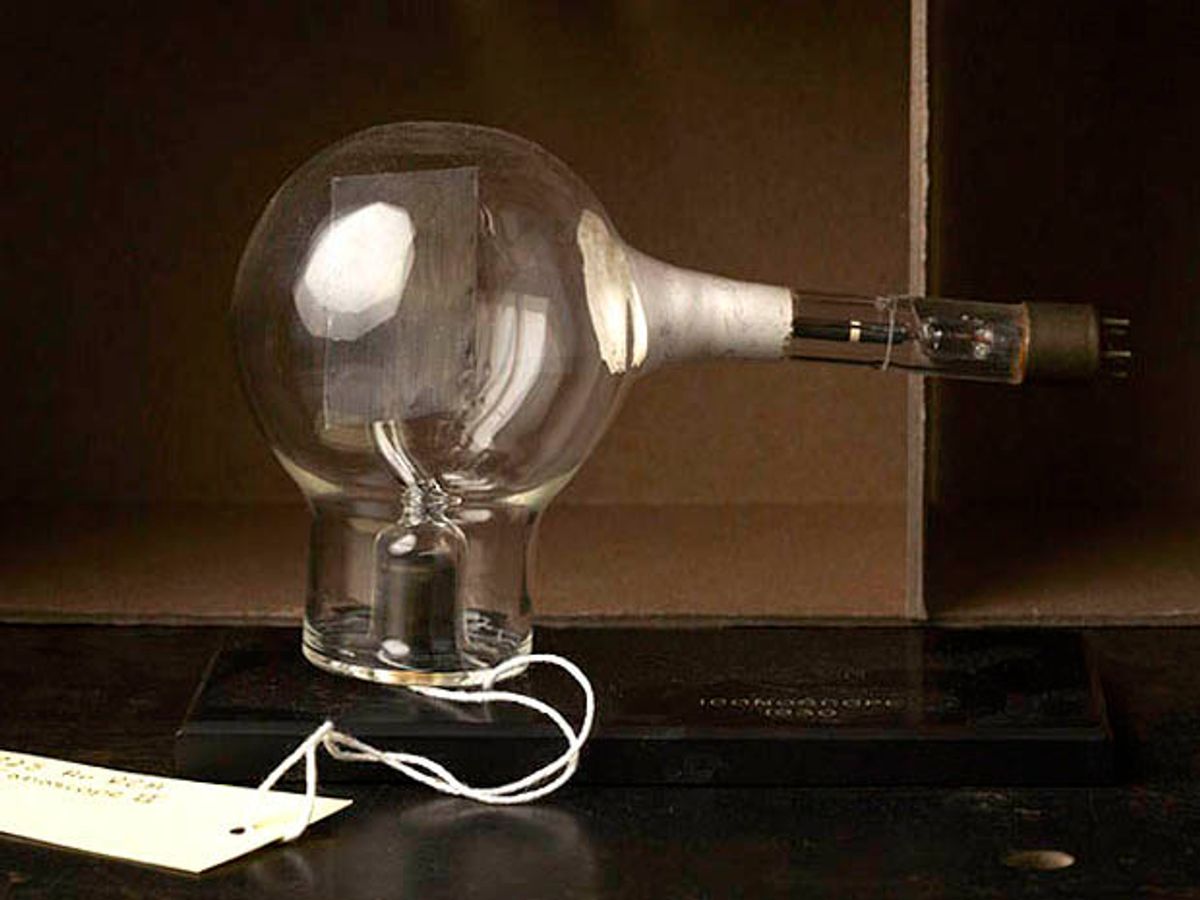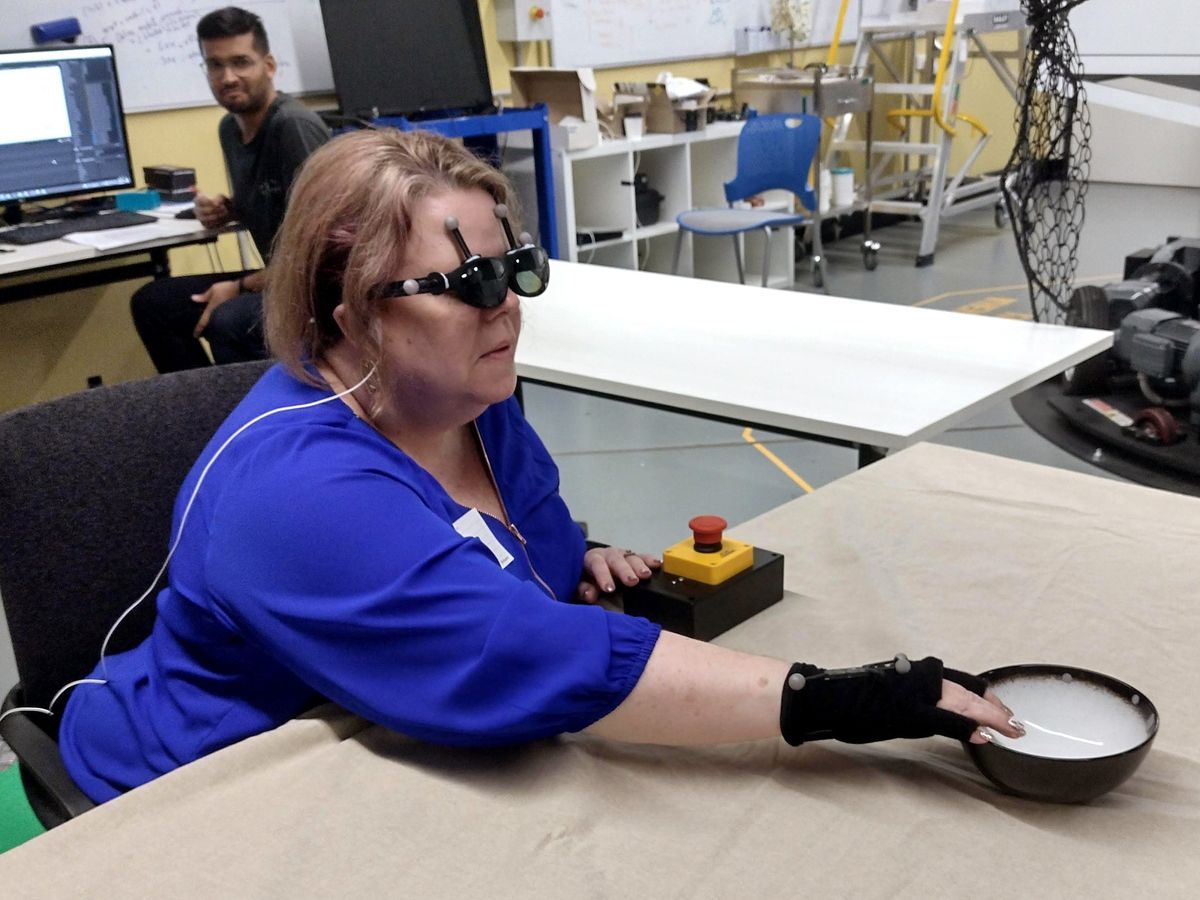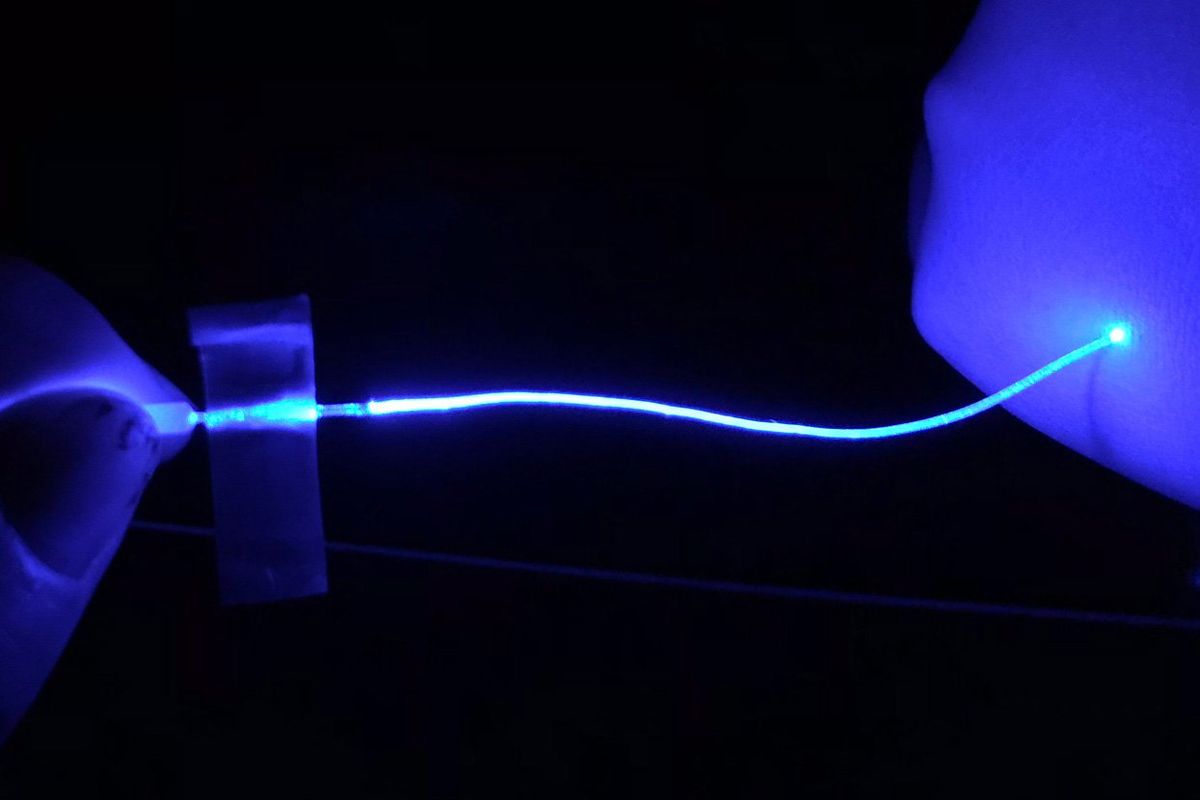

















The history of the Radio Corporation of America is in many ways the history of 20th-century American innovation. From the company’s founding in 1919 to its sale in 1986, the RCA name was synonymous with products that shaped how Americans lived and worked. Long before the rise of Silicon Valley, RCA Laboratories, in Princeton, N.J., was at the center of the nation’s consumer electronics industry, harnessing the creative impulses of thousands of scientists, engineers, and technicians to systematize the invention of new technologies.
In October, a new exhibition highlighting RCA’s rich history opens at the College of New Jersey, in Ewing. It draws from the more than 6000 artifacts that the college inherited after the David Sarnoff Library—RCA’s main technical archive and museum—closed in 2009. (The IEEE Foundation funded a new study center connected to the exhibition.) The installation covers the development of radio, television, and broadcasting, as well as RCA’s work in liquid-crystal displays, electron microscopy, solid-state physics, and computers.



